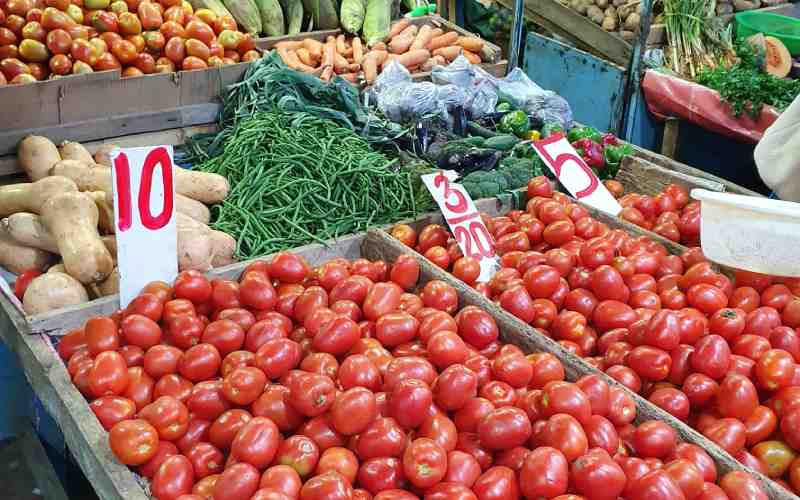×
The Standard e-Paper
Join Thousands Daily

A grocery stall on the outskirts of Nairobi. [File, Standard]
Kenya’s overall inflation in August 2021 rose to 6.6 per cent from 6.5 per cent in July, the Central Bank of Kenya has revealed.